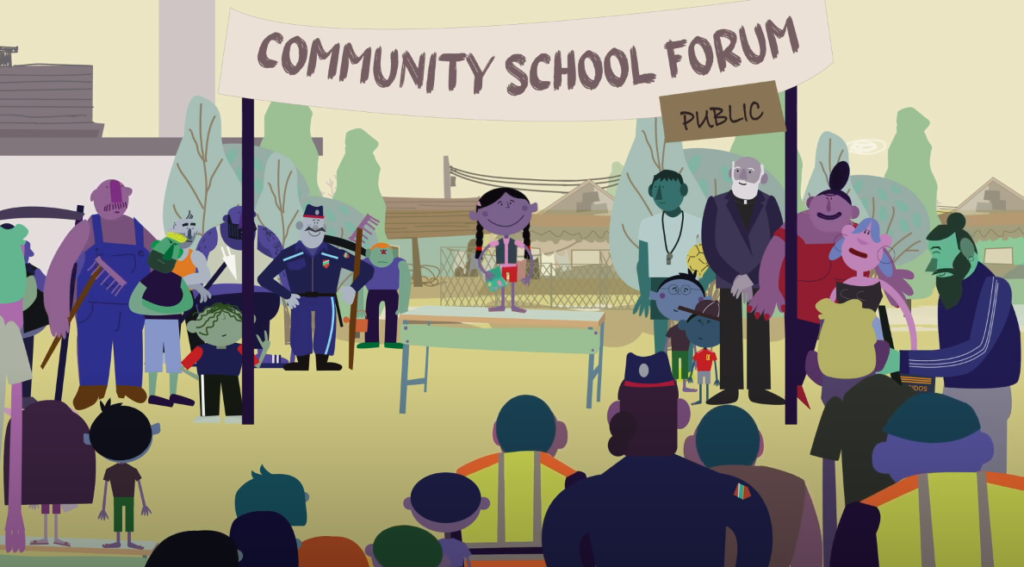Organizer:
RCISD
Location:
Online event
Zoom
Time:
17.09.2021
09:30 — 17:00
Reports
Enhancing access and uptake of education to reverse inequalities
On 17th September, the Inclussion4Schools project has held the first public event in cooperation with the parallel running RIA projects in Budapest. We are delighted that the event was closed with nearly 40 participants.
The first public event together was organized by the lead of RCISD. As planned, the event would have taken place in Budapest, Hungary but due to 4th wave of COVID-19 pandemic considerations, partners agreed to reorganize the meeting online, using Zoom as a platform.
Summary of topics
The event was opened by the opening session moderated by Péter Krasztev. The topic of this section was Research on marginalised groups: problems of data access and comparability. After the welcome addresses from Ms Zsuzsanna Hanna Biró, coordinator of the project, Wesley and Mr Gábor Zupkó, Head of the EU Representative Office, two key-note speeches were addressed: Educational and institutional resilience and the education of disadvantaged students by Mr Attila Papp Z., Centre for Social Sciences, ELKH and Institutional challenges and school resilience in Hungarian Roma-majority schools by Ms Eszter Neumann, Centre for Social Sciences, ELKH.
The session continued with the introduction of the three projects targeting reverse inequalities.
For the second session a Round-table discussion was organized, moderated by Ms Hanna Szekeres, Oltalom. The topics were on issues of discrimination, exclusion and segregation in schools. The section started with screening the animated short film of Inclusion4Schools (https://youtu.be/jPQIXQym_rE) together with Rosa Parks Foundation’s short movie (https://www.youtube.com/watch?v=z-nrKyz3vpo) as a base for the debate. Selected international experts were invited to the round table, but participants could also join in the conversation and ask questions.The final section was Conversation in world café method on How to enhance access and uptake of education to reverse inequalities?

Outcomes of the Event
As the event was held in cooperation with the parallel running RIA projects, the first outcome to mention was sharing with the public that there are these three existing projects in the topic of enhancing access and uptake of education to reverse inequalities, therefore increasing their visibility.
With the title Educational and institutional resilience and the education of disadvantaged students Mr Attila Papp Z. from Centre for Social Sciences, Institute for Minority Research, ELKH and Miskolc University, Applied Social Sciences Institute presented the results of his studies.
The second speech on Institutional challenges and school resilience in Hungarian Roma-majority schools was presented by Ms Eszter Neumann from the Centre for Social Sciences, ELKH Hungary. The results of the project “The school is not an island” she was involved between 2016-2020 was detailed.
The day continued with the Round-table discussion on issues of discrimination, exclusion and segregation in schools moderated by Ms Hanna Szekeres from Oltalom. The debate was based on the animated short films of Inclusion4Schools and Rosa Parks Foundation (https://youtu.be/jPQIXQym_rE; https://www.youtube.com/watch?v=z-nrKyz3vpo), in this way as a start the films were screened.

For the discussion, selected experts were asked to share their views. The experts were:
In the afternoon, the discussion with the World Café Method resulted in a fruitful exchange of ideas among participants with the topic How to enhance access and uptake of education to reverse inequalities? How is it possible to coordinate tools and create synergies by exploiting existing programmes in a more effective way?What are the most relevant ideas and recommendations for a more efficient cooperation?
The agenda is available here:
Some presentations available here:
Official report:
Video of the meeting available on our YouTube channel: https://youtu.be/haP8-5luY-g
Organizer:
Location:
Zoom
Time:
09:30 — 17:00